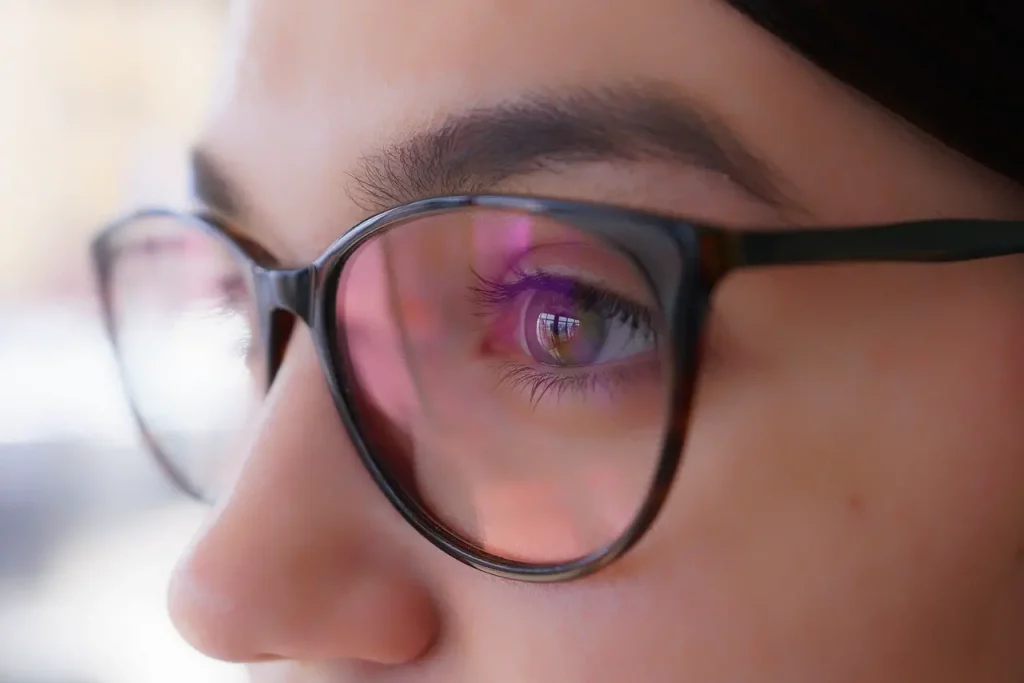December 14, 2020 – Zagreb’s Clinical Hospital Sveti Duh is the only one in this part of Europe to use gene therapy to treat recently incurable hereditary eye diseases that cause vision loss, ranking Croatia among only six countries in the world that use this therapy in ophthalmology.
As Hina reports, Zagreb’s Sveti Duh Clinical Hospital, which became a collaborating center of the World Health Organization last year, is the first regional Center of Excellence for implementing gene therapy for hereditary retinal dystrophies. Patients from about 15 countries, of which more than a third are countries within the European Union, will gravitate to it.
Sixth in the world to apply this method
The final diagnosis, in which this treatment method gives incredible results until recently, is done based on genetic testing, and the first patients received therapy this summer.
Thanks to this well-deserved status of a certified Center of Excellence, Clinical Hospital Sveti Duh positioned the Republic of Croatia as the first country in Eastern and Southeastern Europe to apply this innovative method of treating a hereditary disease that causes blindness. Croatia is also the sixth country in the world (after the USA, Great Britain, Germany, France, and Israel) to do so.
The gene therapy treatment procedure is performed exclusively in certified centers of excellence that must meet all clinical, scientific, technological, and personnel requirements determined by strict and scientifically based regulations of the European Union and the EMA.
“Thanks to this certificate and the decision of the Croatian Health Insurance Institute to cover all treatment costs, patients in Croatia are enabled to treat hereditary retinal dystrophies, for which there was no medical solution until recently. These are pigmented retinopathy and Leber’s congenital amaurosis, a very rare eye disease caused by a mutation in the RPE65 gene, which results in certain blindness already in the first years of life, and at the latest in the fourth decade. With such patients, timely application of available gene therapy stops the progression of the disease and can lead to a significant improvement in eyesight,” explained prof. Dr. sc. Mladen Bušić, the Clinical Hospital Sveti Duh director.
Lifelong effect
Dr. Bušić points out that their patients subjectively notice easier coping in low light conditions. It also makes them feel that the space in which they move is brighter and better lit.
“From a clinical point of view, their subjective impression was confirmed through our tests, by improving visual acuity in low light conditions, improving contrast vision, and expanding the visual field. All of the above allows them to navigate and move in space, and we believe this effect is lifelong,” dr. Bušić pointed out.
This achievement is an additional recognition to the Clinical Hospital Sveti Duh, which confirms the highest professional standards of the Clinical Center of Excellence, this time for the application of an extremely demanding and sophisticated therapeutic procedure.
Costs fully covered
A mutation in one of over 260 different genes causes hereditary retinal dystrophies, so it is crucial to diagnose it in time through genetic testing.
It is estimated that up to 1,000 people in Croatia suffer from hereditary retinal dystrophies. Thus, genetic testing of patients is necessary to identify those in whom an innovative therapeutic solution can be applied.
The Croatian Health Insurance Institute (HZZO) fully covers these testing costs and the costs of treatment for all those patients in whom a mutation in the RPE65 gene causes hereditary retinal dystrophy.
Croatia is the first country in the world to make this possible for its insured citizens.
To read more news about Croatia, follow TCN’s dedicated page.











